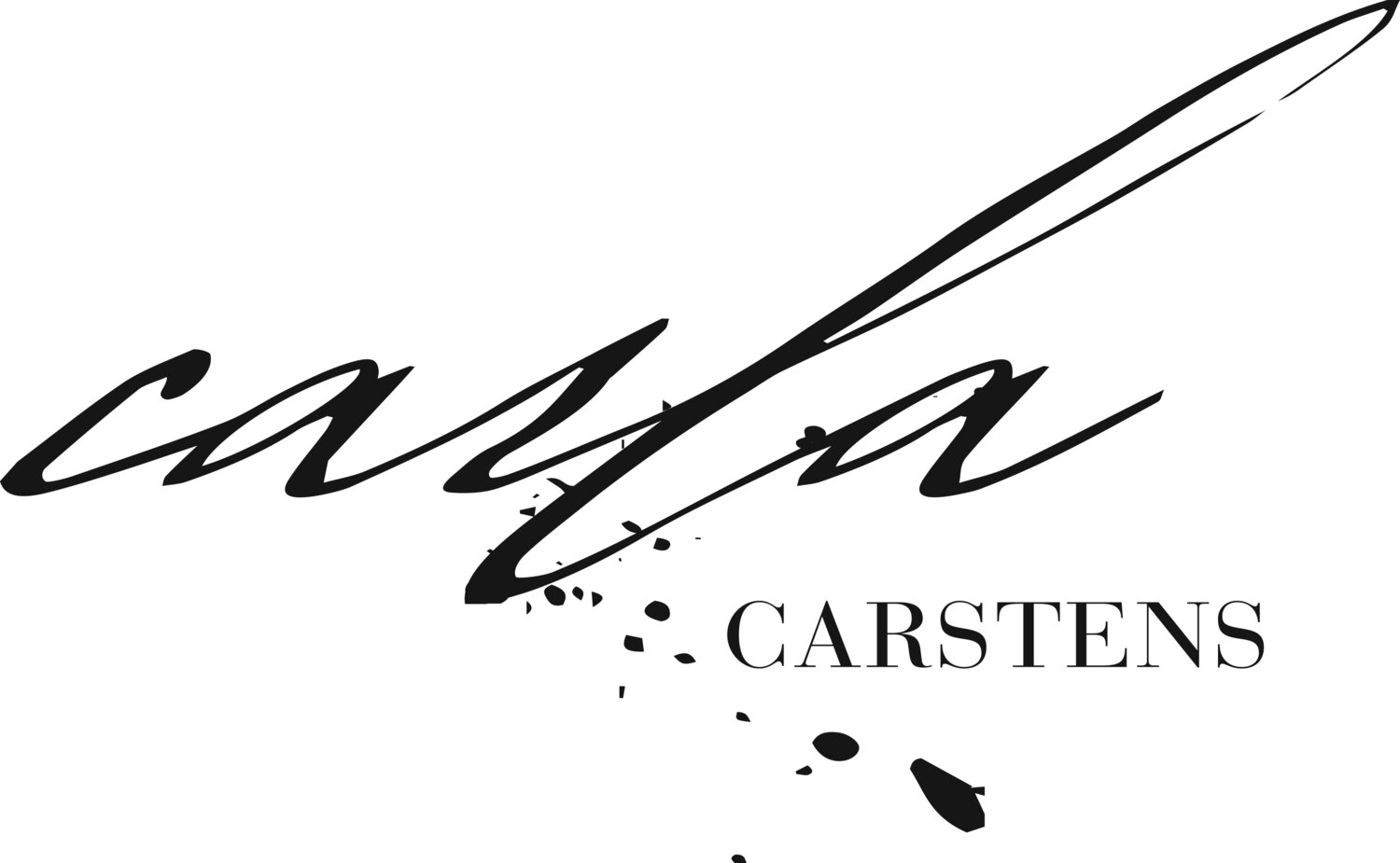Why You’re Not Getting Job Interviews (And How to Fix It)
Listen to the original podcast here
“If I just got an interview, I know I could get the job.”
Sound familiar? You’re not alone. Many job seekers express the same frustration: they know they’re qualified, but they’re not getting interview requests. If this sounds like your current experience, it’s time to pause, reassess, and refine your job search strategy.
Here are the 9 most common reasons you’re not getting job interviews—and actionable steps to fix them.
1. You’re Not Clear on What You Want
Are you applying to every “maybe” job without a clear goal? That lack of clarity shows. Hiring managers can spot a vague application from a mile away.
Fix it: Define your target job title, ideal industry, and the type of company you want to work for. When you’re focused, your resume, cover letter, and messaging align, and that makes a huge difference.
2. Your Resume Isn’t Tailored
If your resume lists responsibilities but doesn’t connect them to the job you’re applying for, you’re missing a major opportunity.
Fix it: Customize your resume for each role. Highlight transferable skills, use keywords from the job description, and quantify your achievements. Make it easy for hiring managers to see you’re a match.
3. You’re Applying in the Wrong Location
Companies often prioritize local candidates. If you’re applying to roles in cities you don’t live in (and don’t plan to move to immediately), you may be overlooked.
Fix it: Gain experience in a related role locally, or clearly state your relocation plans in your cover letter. Build up the skills you’ll need so when the time is right, you’re ready.
4. You Lack the Right Experience
You may be applying to roles where you’re not yet qualified. Aiming too high too soon can backfire.
Fix it: Ensure you meet at least 75–80% of the listed qualifications. Fill gaps by:
Taking skill-based courses
Freelancing
Volunteering
Building personal projects
5. You’re Overqualified
Yes, being overqualified can also be a problem. Employers may think you’ll get bored or leave quickly for a better opportunity.
Fix it: Target roles that fit your experience level. If you’re willing to take a step back, explain why in your cover letter.
6. You’re Not Applying to Enough Jobs
If you’re only applying to a few jobs per week, your odds drop. Job hunting is a numbers game and a strategy game.
Fix it: Apply consistently to a reasonable number of well-matched roles each week. Use tools like job alerts to streamline the process.
7. Your Resume Has Mistakes
Spelling errors and typos may seem small, but they can instantly disqualify you.
Fix it: Proofread thoroughly. Use tools like Grammarly and have a friend review your application materials.
8. You’re Ignoring the Application Instructions
If a job posting asks you to email your resume and you use the “Easy Apply” button on LinkedIn instead, you’re already off track.
Fix it: Follow instructions exactly. Employers often use them as a screening tool to weed out careless applicants.
9. The Job Was Already Filled
Sometimes companies post jobs even though they already have someone in mind. It’s frustrating, but it happens.
Fix it: Don’t rely solely on job boards. Start networking strategically:
Reach out to hiring managers via email
Set up informational interviews
Use tools like Hunter.io to find direct contacts
Final Thoughts
If you’re not getting interviews, it’s not a dead-end—it’s a signal to tweak your strategy. By getting clear on your goals, customizing your applications, and putting energy into networking, you’ll start seeing real traction.
Need help tailoring your resume or building a job search plan? Book career coaching here.
